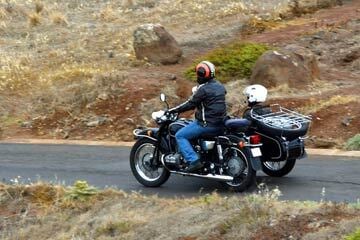''Insurance quotes for over 50s riders have seen an increase in recent years, and as the data shows biking is becoming more popular with older riders.''
''Along with potentially cheaper quotes, over 50s riders can also benefit from a number of insurers we work with who specialise in more experienced older riders.''







